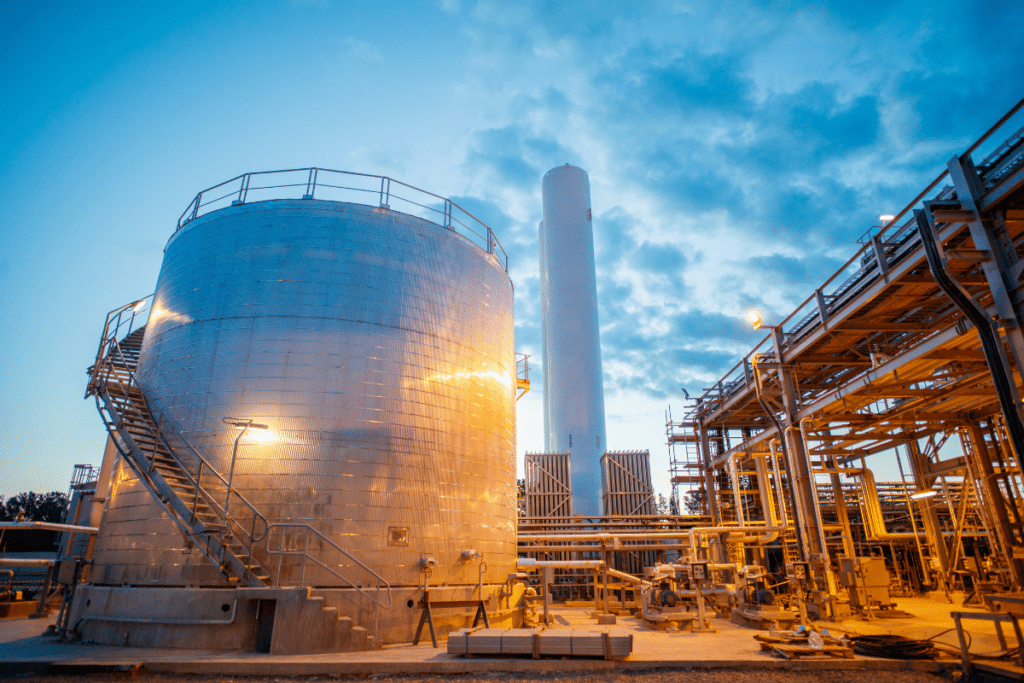
The Types of Crude Oil Produced in Saudi Arabia
In the global energy market, crude oil stands out as a crucial commodity. It powers everything from vehicles to industrial complexes. At the core of the oil narrative is Saudi Arabia, a dominant player with its state-owned giant, Saudi Aramco, leading the charge. The country’s vast and productive oil fields produce various types of crude, each with unique traits and uses. This article explores these crude types, highlighting where they’re extracted and offering a clear comparison to illustrate their differences.
The Crude Basics
Crude oil, often referred to simply as “oil,” is a naturally occurring, unrefined petroleum product composed of hydrocarbon deposits and other organic materials. It can be refined to produce usable products like gasoline, diesel, and various forms of petrochemicals. The properties and quality of crude oil vary significantly depending on its source.

Saudi Arabia’s Liquid Gold
Saudi Arabia’s vast oil reserves are extracted from a few key regions, each offering a type of crude with distinct qualities:
- Arab Light: The most famous and widely produced type of Saudi crude, Arab Light, is prized for its relatively low density and sulfur content, making it easier to refine than heavier crudes. The majority of Arab Light oil comes from the supergiant Ghawar Field, the world’s largest onshore oil field.
- Arab Heavy: As the name suggests, this type of crude is heavier and contains more sulfur compared to Arab Light. It is primarily extracted from the Safaniya Field, the largest offshore oil field in the world. Refining Arab Heavy requires more complex processes due to its density and sulfur content.
- Arab Medium: This crude strikes a balance between light and heavy, making it versatile for refining processes. It is predominantly produced in the Marjan and Zuluf fields, which are significant offshore oil sites.
- Arab Extra Light: Offering even lower density and sulfur content than Arab Light, Arab Extra Light is highly sought after for producing premium products. It is extracted from the Khurais and Shaybah fields, with Shaybah being notable for its location in the Rub’ al Khali or “Empty Quarter,” one of the most inhospitable deserts on earth.

Saudi Aramco: The Oil Titan
Saudi Aramco operates these oil fields and many more, managing an estimated 270 billion barrels of oil reserves. The company not only plays a pivotal role in extracting and exporting Saudi Arabia’s crude oil but also invests heavily in refining and petrochemicals, ensuring the kingdom’s oil wealth continues to fuel its economy and global energy markets.
Comparison Chart
To simplify, let’s compare the main types of Saudi crude oil:
| Type | Density (API Gravity) | Sulfur Content | Major Fields |
|---|---|---|---|
| Arab Light | Medium to Light | Low to Medium | Ghawar |
| Arab Heavy | Heavy | High | Safaniya |
| Arab Medium | Medium | Medium | Marjan, Zuluf |
| Arab Extra Light | Very Light | Very Low | Khurais, Shaybah |
Note: API gravity is a measure of how heavy or light a petroleum liquid is compared to water. Higher API gravity means the oil is lighter.
Conclusion
In conclusion, Saudi Arabia’s contribution to the global oil market is unparalleled, with its vast reserves and diverse types of crude playing a critical role in the world’s energy consumption. The variety from Arab Light to Arab Heavy illustrates the richness and complexity of Saudi oil fields, managed expertly by Saudi Aramco. Understanding these oil types not only offers insights into the oil industry’s intricacies but also underscores Saudi Arabia’s pivotal role in maintaining global energy stability.
White Friday Deals
- Up to 70% off on fashion
- Up to 50% off on home appliances
- Up to 40% off on mobile phones
- Up to 30% off on laptops
For the latest updates and news, follow us on our official channels:
👉 Telegram: KSA Expats
👉 WhatsApp: KSA Expats
Join now and never miss an update!